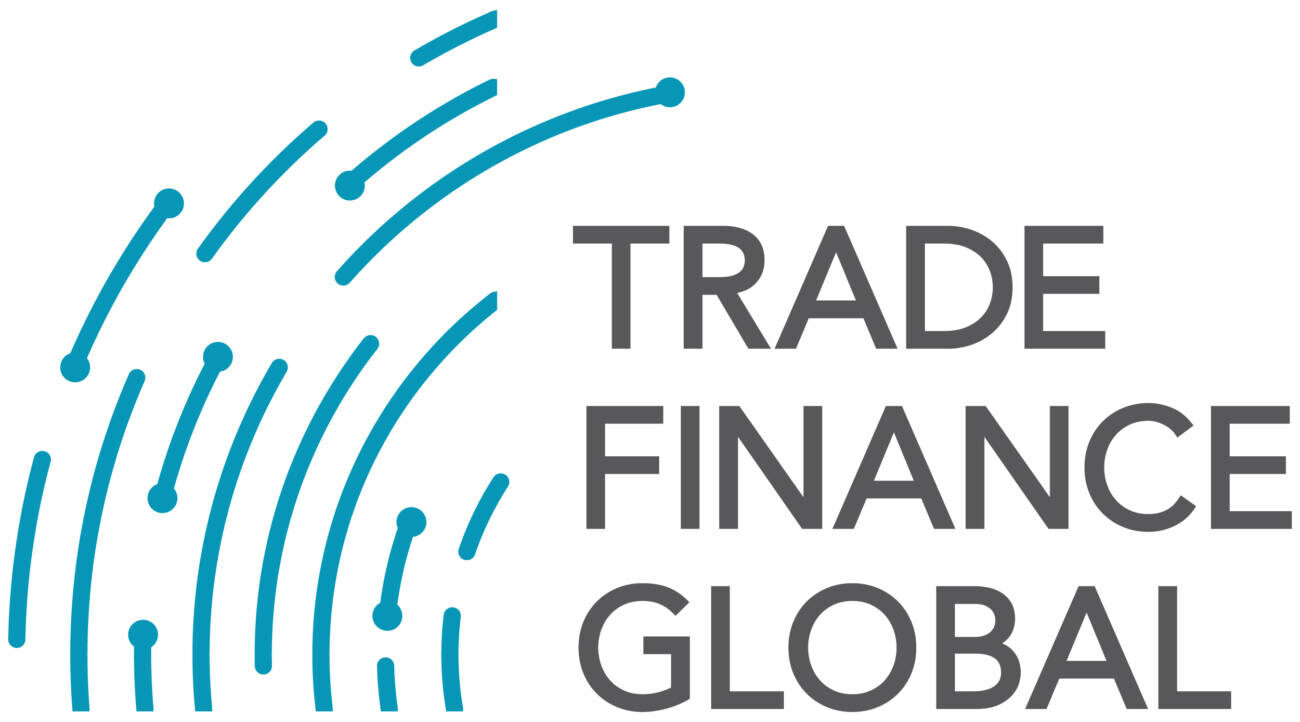First Abu Dhabi Bank (FAB), the UAE’s largest bank and a global financial powerhouse, strengthens its trade product offerings by introducing the Supply Chain Finance (SCF) programme in KSA, expanding its influence in the region. Alfanar, as the inaugural local client, gains access to FAB’s on-ground SCF capabilities, marking a significant milestone in their collaboration.… Continue reading FAB and Alfanar extend trade finance reach in KSA with supply chain finance programme
Category: supply chain management
Electronic bills of lading: Are we there yet?
To successfully digitalise Bills of Lading, the three necessary foundations are law, standards and technology. Without their proper application, any eBL SaaS platform, notwithstanding the attractiveness of the business model, is unstable.
How fast fashion supply chains can use technology to meet ESG goals
Fast fashion brands are looking at technology to help improve supply chain sustainability and meet their environmental, social, and governance (ESG) targets.
Standard Chartered report highlights lack of action on sustainability among global companies
The sustainability commitment paradox, a new research report by Standard Chartered, reveals that despite 54% of global companies surveyed being willing to prioritise positive environmental and social impacts over financial returns, less than 30% of respondents have made concrete sustainability commitments or set targets. Faced with a lack of funding for sustainability initiatives, inconsistent data… Continue reading Standard Chartered report highlights lack of action on sustainability among global companies
Credit guarantees for supply chain platforms: A new way to help SMEs
For many SMEs, the financing gap is always a major concern. It is reported that financing shortages count for more than half of SMEs’ problems. This issue is important for national policymakers, and financiers, as SMEs are major drivers of economic growth, employment, and social development in all economies, but especially in developing countries.
Euros Instead of Dollars Due to Force Majeure Clause?
The Court of Appeal in England has decided in MUR Shipping BV v. RTI Ltd [2022] EWCA Civ 1406 (27 October 2022) that sometimes a party must accept payment in Euros, even though the contract expressly stipulated payment to be made in US Dollars. Although the case is not about independent undertakings, DCW readers might ask if the decision could have implications for letters of credit and demand guarantees.
Lloyds Bank releases supply chain resilience report
At the end of March, Lloyds Bank released its latest report exploring supply chain resiliency across the global market. The report comes as internationally operating firms continue to face the multitude of challenges that have become the new normal. Amidst these lingering impacts of the pandemic and ensuing supply chain disruptions, the Lloyds report seeks… Continue reading Lloyds Bank releases supply chain resilience report
Port of Los Angeles, Tokyo and Yokohama agree to green shipping corridor
The Port of Los Angeles has entered into separate Memorandum of Understandings (MOUs) with the Port of Tokyo and the Port of Yokohama – to formally collaborate on sustainability and environmental issues. The agreements were signed by Port of Los Angeles officials during the 2023 California Japan Clean Energy Trade Mission, led by California Lt.… Continue reading Port of Los Angeles, Tokyo and Yokohama agree to green shipping corridor
Saving $6.5 billion through eBills of Lading – DCSA commits to standardisation by 2030
Today the Digital Container Shipping Association (DCSA) announced a commitment for its members to transition from paper bills of lading to electronic bills of lading by 2030. The switch is estimated to save around $6.5 billion in direct costs for stakeholders, which could enable $30-40 billion in global trade growth per year. The bill of… Continue reading Saving $6.5 billion through eBills of Lading – DCSA commits to standardisation by 2030
EBRD’s TFP facilitates record high transactions in 2022
The European Bank of Reconstruction and Development’s (EBRD) Trade Facilitation Programme (TFP) supported its highest ever number of transactions in a single year in 2022. The programme facilitated 1,768 transactions worth a record €3.6 billion, with 91 partner banks in 27 countries. Its contribution to total Annual Bank Investment (ABI) stood at an all-time high… Continue reading EBRD’s TFP facilitates record high transactions in 2022
TFG partners with ICC Future Trade Forum: Business, policy, trade tech and supply chain digitisation taking centre stage
Presented by the Digital Standards Initiative (DSI) of the International Chamber of Commerce (ICC), TFG are delighted to announce a partnership with the Future Trade Forum, a global conference, technology showcase, with networking opportunities to empower and activate supply chain, financial, and trade communities around the opportunities posed by digitalisation. Scheduled for 29 to 30… Continue reading TFG partners with ICC Future Trade Forum: Business, policy, trade tech and supply chain digitisation taking centre stage
Three tech strategies for shippers in 2023
As 2023 unfolds, shippers are experiencing signs of relief from the supply chain upheaval over the past few years. U.S. container imports in December continued to close in on 2019 volumes, port delays continued to improve, the maritime capacity crunch has eased, and ocean shipping rates have approached pre-pandemic levels.
Trade sanctions and human rights enforcement: examining conformity with WTO laws
Trade sanctions are among the many tactics resorted to by the international community in order to compel a state to comply with its human rights obligation.
UK Freeports: catalysts for regional economic development and recovery
Large national infrastructure projects have rarely been delivered at the pace of the UK Freeport programme; in March 2020, the government launched its consultation document, and in March 2021 it was announced that, subject to completing the necessary authorisation processes, the above eight locations would become Freeports.
Digitising trade: the solution is in plain sight
The arguments for digitalising trade processes are well known. Paper-based processes are inefficient, error-prone, and subject to frequent delays––particularly in times of disruption.
